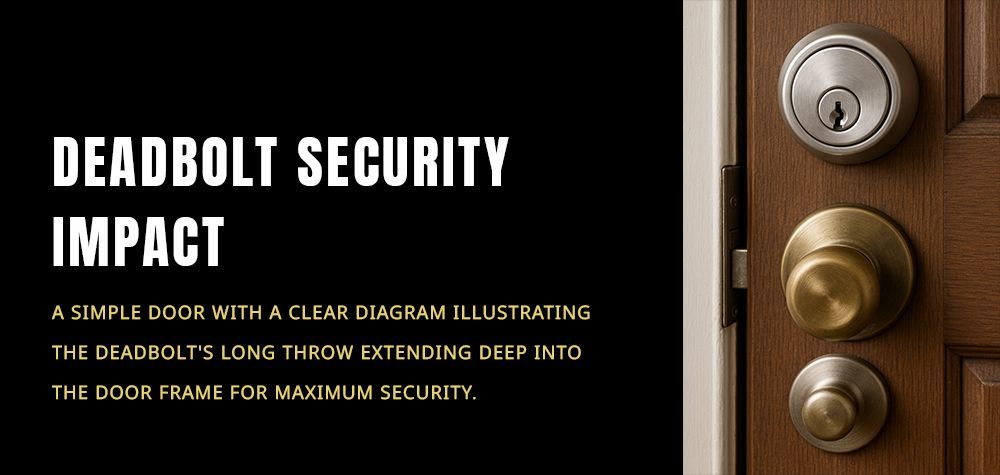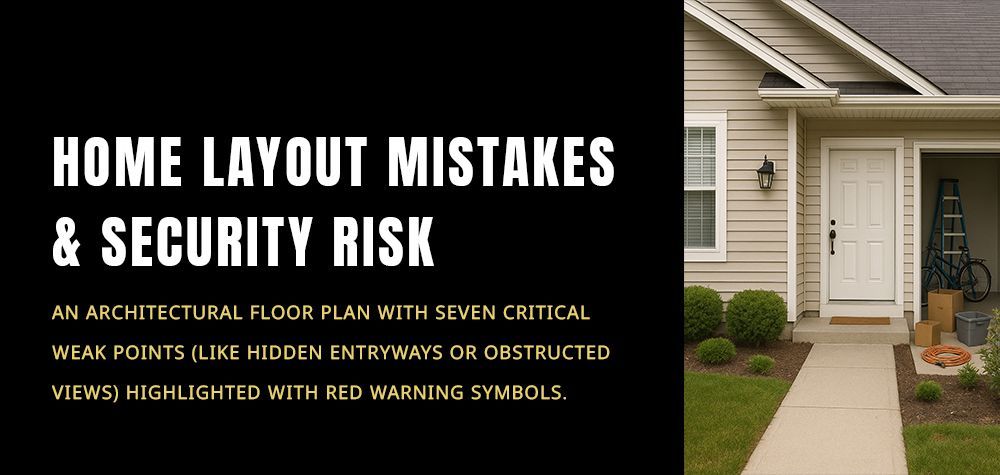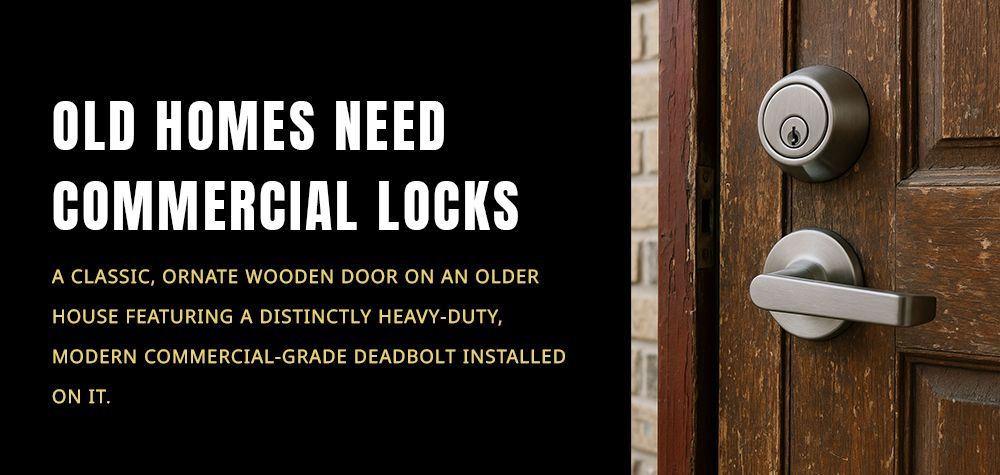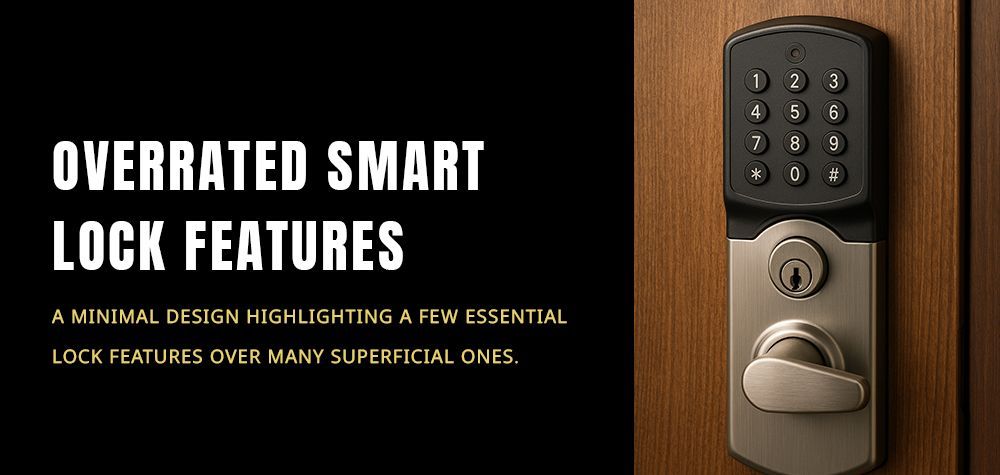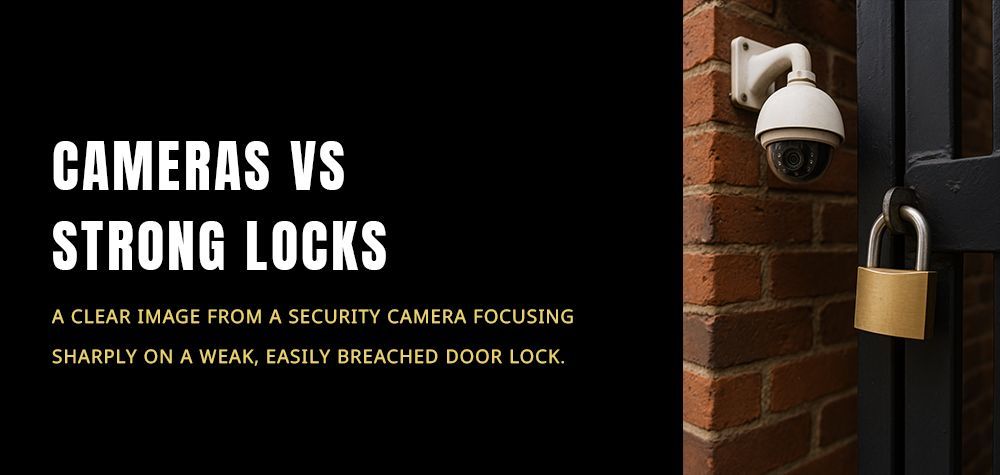Common Mistakes to Avoid During Commercial Lock Installation
Commercial lock installation is a critical task that directly impacts the security of your business. A properly installed lock can protect your premises, assets, and employees, while a poorly installed one can lead to vulnerabilities and potential breaches. Understanding the common mistakes during the installation process can save you from future headaches and unnecessary expenses. This article will guide you through these common pitfalls and provide tips to ensure a secure and efficient lock installation.
Choosing the Wrong Lock Type
One of the most common mistakes during commercial lock installation is selecting the wrong type of lock. Not all locks are created equal, and the security needs of a commercial property differ from those of a residential one. For example, a standard residential deadbolt may not provide sufficient security for a business.
Tip:
Before purchasing a lock, assess the specific security requirements of your business. Consider factors like the location, type of business, and the level of security needed for different areas within the property. Commercial-grade locks, such as mortise locks or cylindrical lever locks, are often more robust and secure.
Incorrect Lock Alignment
Improper alignment of the lock with the strike plate is another common mistake. Misaligned locks can cause the door to stick, making it difficult to open or close, and reducing the lock’s effectiveness.
Tip:
During installation, ensure that the lock and strike plate are perfectly aligned. Use a level and measure accurately to avoid any misalignment issues. Test the lock several times to ensure smooth operation before finalizing the installation.
Ignoring Door Material and Thickness
Installing a lock without considering the door material and thickness can lead to poor performance and security vulnerabilities. Different door materials, such as wood, metal, or glass, require different lock types and installation techniques.
Tip:
Choose a lock that is compatible with your door material. Additionally, measure the door’s thickness to ensure the lock fits properly. If necessary, use additional hardware or reinforcements to ensure a secure fit.
Overlooking Security Features
Some business owners overlook advanced security features when installing commercial locks. Features such as key control, anti-pick pins, and electronic access control can significantly enhance security but are often ignored in favor of cheaper, basic locks.
Tip:
Invest in locks that offer advanced security features tailored to your business needs. For high-security areas, consider locks with restricted key systems or electronic access control systems that limit who can enter specific parts of your building.
DIY Installation Without Proper Knowledge
While DIY installation might seem like a cost-saving measure, it can lead to significant security risks if not done correctly. Commercial locks are more complex than residential ones, and improper installation can compromise the entire security system.
Tip:
If you’re not experienced in lock installation, it’s best to hire a professional locksmith who specializes in commercial locks. A professional will ensure that the lock is installed correctly, following industry standards and best practices.
Failing to Test the Lock Thoroughly
Another common mistake is failing to test the lock thoroughly after installation. Many assume that once the lock is installed, it’s ready for use. However, a lock that hasn’t been properly tested can lead to operational issues down the line.
Tip:
After installation, test the lock multiple times in various scenarios. Check that it locks and unlocks smoothly, the key turns without resistance, and there is no sticking or misalignment. Make sure to test both from inside and outside the door.
Neglecting to Secure the Strike Plate
The strike plate is a crucial component of the lock’s security. If it’s not securely fastened, the lock can easily be compromised, even if the lock itself is installed correctly.
Tip:
Use long screws to attach the strike plate securely to the door frame. This ensures that the plate is well anchored and can withstand forceful attempts to breach the lock.
Not Considering Future Maintenance
Locks require ongoing maintenance to function properly over time. However, many business owners install locks without considering the ease of maintenance, leading to problems later on.
Tip:
Choose locks that are durable and easy to maintain. Regularly inspect and service your locks to ensure they remain in good working condition. This includes lubricating moving parts, checking for wear and tear, and addressing any issues promptly.
Conclusion
Installing commercial locks is a task that demands attention to detail, proper knowledge, and the right tools. By avoiding these common mistakes, you can ensure that your locks provide the security your business needs. Whether you’re installing new locks or upgrading existing ones, following best practices will help protect your premises from potential security breaches.
For the best results, consider consulting with a professional locksmith to guide you through the process and ensure your locks are installed to the highest standards.
FAQs
Q: How do I know if I’ve chosen the right lock for my business?
A: Assess your security needs, consider the location and type of business, and consult with a locksmith to choose a commercial-grade lock that meets your requirements.
Q: Can I install a commercial lock myself?
A: While DIY installation is possible, it’s recommended to hire a professional locksmith to ensure proper installation and avoid security risks.
Q: What should I do if my lock is misaligned?
A: Check the alignment using a level and adjust as needed. If the problem persists, consult a professional to avoid damaging the lock or door.
Q: How often should I maintain my commercial locks?
A: Regular maintenance, including lubrication and inspection, should be performed at least once a year, or more frequently in high-traffic areas.
Q: What advanced security features should I look for in a commercial lock?
A: Consider key control, anti-pick pins, and electronic access control systems to enhance the security of your commercial property.
Call Us Any Time!


